Relationships and sex education in schools: What are the new changes coming into effect in 2020?
From September, the new changes to relationships and sex education come into the curriculum. Find out how they effect your child here...


For most of us, relationships and sex education at school was a couple of awkward afternoons of educational videos, Q&As and promising to not talk about any of it in the playground afterwards - if we ever had any at all.
But now, following changes to relationships and sex education (RSE) made by the government in April last year, new topics have been added to the curriculum and will be taught in all schools from September onwards.
The new programme, which is mandatory for both primary and secondary school pupils as they return to school after the lockdown, will include important topics such as diverse family structures, how to set personal boundaries from a young age and how to develop healthy relationships in all their forms. It has been purposefully adapted to suit the needs of young people in a world that’s changed a whole lot since the material was last looked at.
A review of the curriculum took place most recently in 2008 and RSE was only made mandatory in schools in 2015, meaning that what is taught and the way that it’s spoken about has long been due an upgrade. For example, today over a third of children aged 8 to 11 years old have their own smartphone and 20 per cent already use social media, which will be influencing how they see relationships and learn about sex. Yet the idea of consuming social media to the extent that we do was completely foreign when the curriculum was first put together over ten years ago.
Importantly, it's also the first set of changes to the curriculum since the Equality Act (2010) was put in place and Section 28, a famous part of the 1988 act which prohibited the "promotion" of homosexuality by the government, was repealed in England. But while social attitudes have changed, a lack of education has left a gap in the understanding of diverse relationships and identities for many young people. This is especially obvious, for instance, as homophobic bullying has decreased in schools over the years but derogatory language is still prevalent, and only three in five pupils learn anything about LGBT issues in the classroom.
In all cases, this leaves many students across the country at the mercy of what they learn about online and influenced largely by their peers, neither of which are famous for giving out reliable information. Now, schools will be required to teach children more widely about family dynamics, friendships and other kinds of relationships - both online and off - from a young age, with the more nitty-gritty coming into the curriculum in secondary school. Children will also learn about how to recognise and challenge unhealthy behaviour, which will them lead into more contextual discussions later on.
But with some controversy surrounding the new changes, which led to protests outside schools in the Midlands last year and criticism online, what will children in primary and secondary school learn about in relationships and sex education from this year?
GoodtoKnow Newsletter
Parenting advice, hot topics, best buys and family finance tips delivered straight to your inbox.
Changes to relationships and sex education for 2020
What will be taught in primary schools?
As the government guidance for primary schools stipulates, "The focus in primary school should be on teaching the fundamental building blocks and characteristics of positive relationships, with particular reference to friendships, family relationships, and relationships with other children and with adults.
"This starts with pupils being taught about what a relationship is, what friendship is, what family means and who the people are who can support them. From the beginning of primary school, building on early education, pupils should be taught how to take turns, how to treat each other with kindness, consideration and respect, the importance of honesty and truthfulness, permission seeking and giving, and the concept of personal privacy."
The guidance also emphasises that this content will be taught in an appropriate way, so instead of explicitly using vocabulary like 'consent', which will be explained when they are older, the idea of personal boundaries is taught "in terms of understanding one’s own and others’ boundaries in play, in negotiations about space, toys, books, resources and so on."
On family structures, teachers are encouraged to use their own sensitivity and judgement but to emphasise that family of many forms can offer a nurturing environment for children. This means that all children will learn that single parent families, LGBT parents, families headed by grandparents, adoptive parents, foster parents and carers among other structures are equally valid structures support and to stigmatise any of them is wrong.
All content is underlined by the idea that pupils should be able to have a strong understanding of the features of relationships - of all kinds - that are likely to lead to "happiness and security". This in turn, the government hopes, will help children to "recognise any less positive relationships when they encounter them."
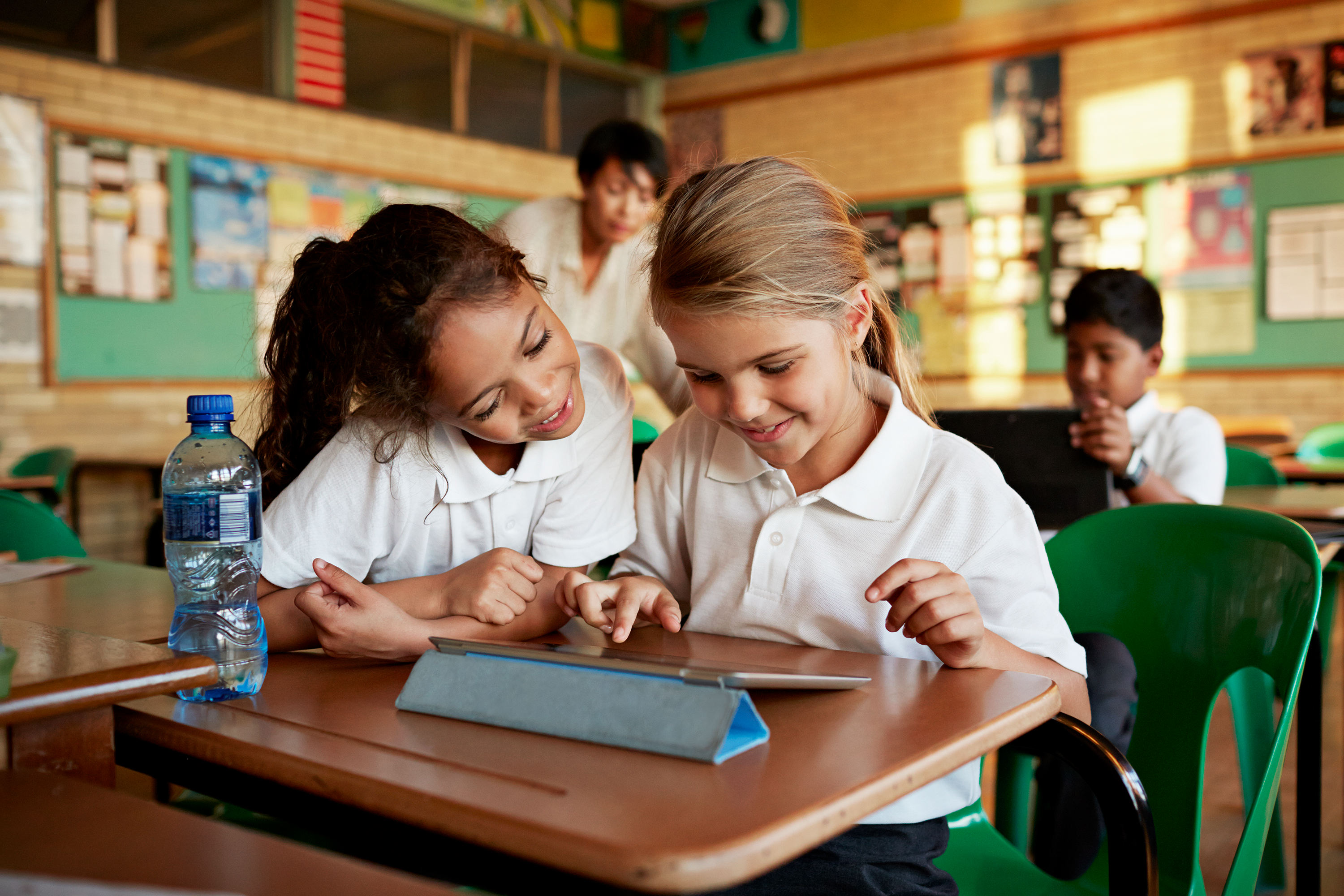
Other topics on the curriculum for children in primary school include:
- Online safety and appropriate online behaviour: How information and data is shared and used, such as understanding that many websites are businesses and how sites use information provided in ways that they might not expect.
- Developing positive character traits: such as the belief that they can achieve, persevere with tasks, work towards a long-term reward and endeavour despite setbacks. Pupils will also be taught the importance of self-respect and worth.
- Positive mental and emotional wellbeing.
- How to recognise and report abuse: In a primary school setting this is done through focusing on boundaries and privacy, ensuring young people understand that they have rights over their own bodies.
- How stable, caring relationships, which may be of different types, are at the heart of happy families, and are important for children’s security as they grow up.
What about sex education in primary schools?
This is where the guidance hasn't changed all that much. Ultimately, schools are required to teach elements of puberty and basic anatomy, which is often led with discussions around plant and animal reproduction in science classes. But essentially, "It will be for primary schools to determine whether they need to cover any additional content on sex education to meet the needs of their pupils. Many primary schools already choose to teach some aspects of sex education and will continue to do so, although it is not a requirement."
Some schools do teach elements of the sex education curriculum in primary school and the material used is entirely up to the judgement of the school, based around pupils' requirements, age and religious backgrounds. To negotiate this, teachers have been encouraged to chat with parents and carers about what they believe is appropriate and offer a full run-down on what will be taught to students.
Naturally due to the information that children are consuming at an ever-younger age due to the internet and peer discussions, the government advises, “It is important that the transition phase before moving to secondary school supports pupils’ ongoing emotional and physical development effectively. The Department [of Education] continues to recommend therefore that all primary schools should have a sex education programme tailored to the age and the physical and emotional maturity of the pupils.”
What will be taught in secondary schools?
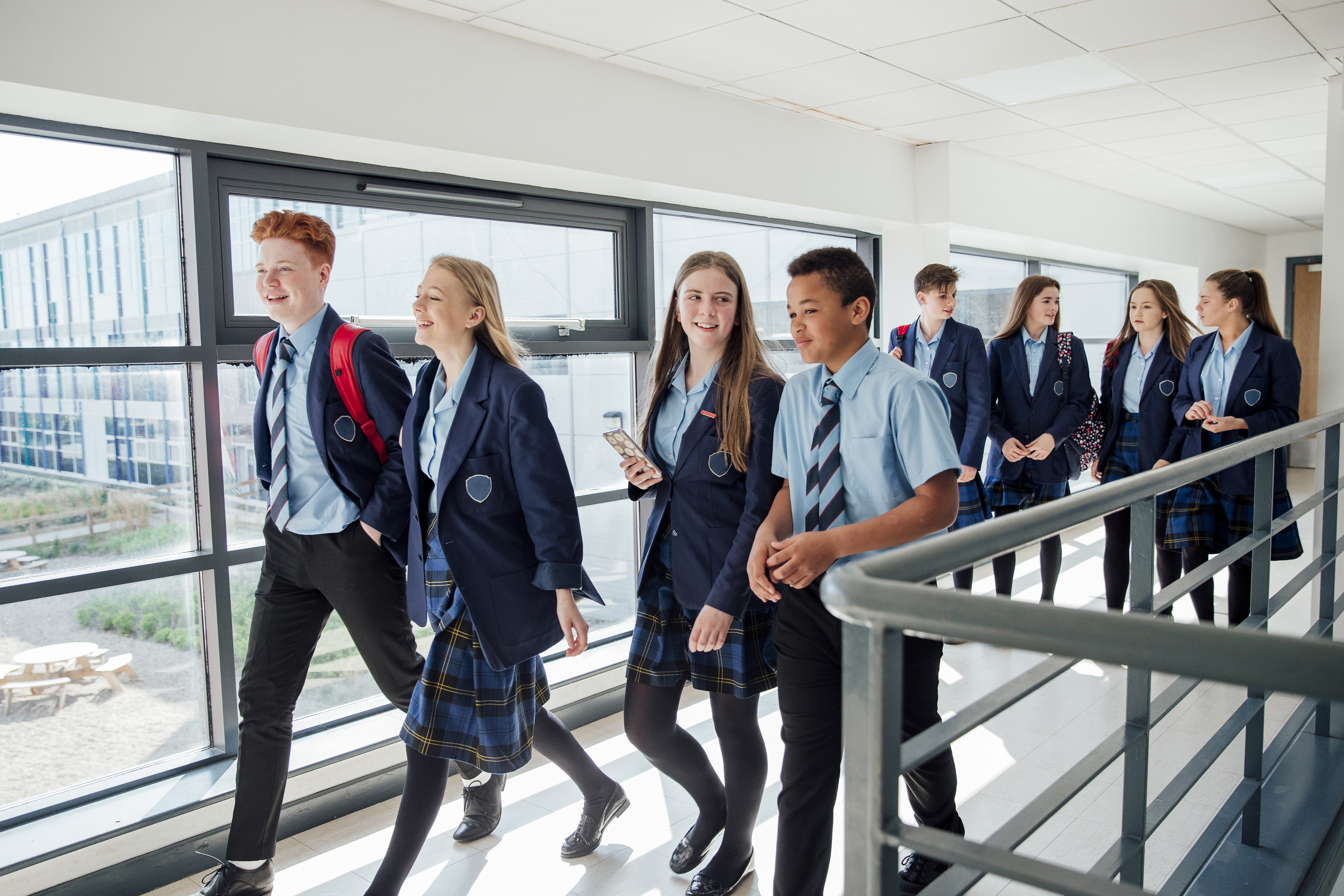
In secondary school as children get older and become aware of changes to their own bodies, the education around relationships and sex changes too. In response to this, the government guidance suggests that the relationships and sex education should "give young people the information they need to help them develop healthy, nurturing relationships of all kinds, not just intimate relationships."
Building on what they have learnt in primary school, "It should enable them to know what a healthy relationship looks like and what makes a good friend, a good colleague and a successful marriage or other type of committed relationship. It should also cover contraception, developing intimate relationships and resisting pressure to have sex (and not applying pressure). It should teach what is acceptable and unacceptable behaviour in relationships.
"This will help pupils understand the positive effects that good relationships have on their mental wellbeing, identify when relationships are not right and understand how such situations can be managed."
Ultimately in secondary school, although many teens don't engage in romantic or sexual relationships, there will be some who do and others who have growing curiosity the subject. It's only fair that their questions are answered with honest, explicit and correct advice, not to encourage early sexual experimentation but to "teach young people to understand human sexuality and to respect themselves and others."
READ MORE: How and when to start talking to children about racism
But by discussing sexuality in this way, teens will be given knowledge and awareness on how they are becoming more mature, build their self-esteem and confidence in this issues so they can make their own decisions if or when they are ready, and understand the reasons why delaying sexual activity might be something they want to do. As the government has said, "Effective RSE also supports people, throughout life, to develop safe, fulfilling and healthy sexual relationships, at the appropriate time."
This in turn means that young people won't just be equipped with the knowledge to get through their early to late teen years, but they will be able to make informed and healthy choices as they grow older as well, having had an early foundation in the topic.
In addition, on delivering education around these issues, teachers are encouraged to speak in a non-judgemental way and allow questions which otherwise might be answered by the internet or their friends, so making sure that teens have the essential information around issues that are directly impacting them. "Many teachers use approaches such as distancing techniques," the government says, such as "setting ground rules with the class to help manage discussion and using question boxes to allow pupils to raise issues anonymously."
Why are the changes in relationships and sex education necessary?
Teachers, pupils and parents alike have said that these changes to relationships and sex education have been required for a while. Recognising publicly that not every child grows up or will go on to have a traditional, nuclear family means that children will be taught that some situations or personal identities differ from their own but everyone deserves to be treated with the same respect and have the same opportunities in life.
This not only aids children's understanding of other children different to them, for whatever reason, but will have a massive impact on the self esteem and confidence of those children who understand that their family situation or feeling are different to others.
“Children deserve to see themselves represented in what is taught." Kitty Winfield, a teacher to year three children in London, says, "Not only will children feel they belong and are accepted but it helps educate children of other family structures.”
She says that for instance, according to recent statistics, 42 per cent of marriages in England and Wales end in divorce. “This could mean that almost half a class come from a family of divorce, [so] not only should children be educated that their feelings around this issue are valid but it’s also not an uncommon situation.
“Schools prepare children for life. Knowing how people are different will prepare them to embrace and celebrate the differences in our society.”
But that's not the only reason these changes to relationships and sex education are necessary.
"None of us are given education around how to handle relationships, yet it’s one of the most important things in life and one of the things that can cause the most happiness, the most unhappiness and the most stress." Carole-Ann Rice, the UK's leading life coach says. "It’s about children learning boundaries with others, what’s acceptable and what’s not.
"People pleasing, when you remove your own needs because you put other people’s needs before you, can actually lead to a lot of low self-esteem and being walked all over by other people. So to learn and have self-awareness at an early age I can only see to be absolutely brilliant. None of us, no generation, ever has been taught these basic human rules."
By offering detailed and accurate information surrounding relationships and sex, young people are not only more prepared for interactions with friends, family and potential intimate relationships later in life. Giving young people the knowledge and confidence to make their own decisions will ensure that they're prepared to for whatever new relationships and situations unfold in the next couple of years, as they head into the 'real world' of higher education and the workplace.
How can parents support their children's learning?
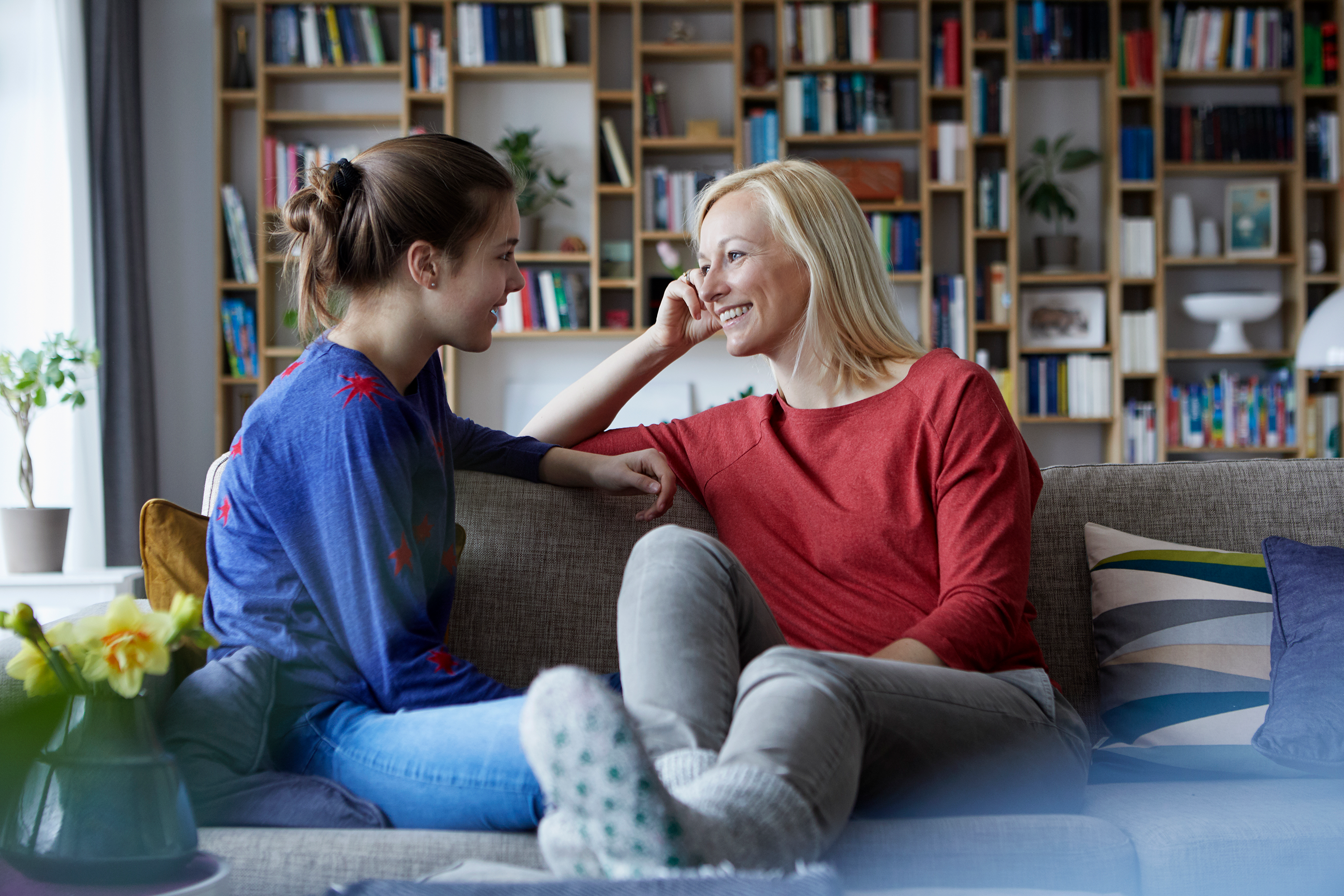
While it might not be a conversation parents want to have with their children, learning about the birds and the bees is all part of life. As children come home from school, they’re bound to have questions.
The best way to handle these is to be open and sensitive to them, Carole-Ann tells GoodtoKnow. “As much as we want to, we can’t protect our children forever. Certain subjects will come up and instead of brushing it away and saying, ‘we don’t talk about that’, sit down and make it non-threatening and have a sensible chat with them about it.”
The best way to do this is to make it a safe environment for them, she says, and try the following...
- Don’t sit directly opposite them: “Sit next to them on a sofa, in the car side-by-side or in a cafe side-by-side. That makes it less confrontational.”
- Ask them what they are thinking: “If the child has brought this [topic] up, say to them ‘what do you want to know about it?’, ‘what’s worrying you?’. Ask them what they are thinking.”
- Allow an open door for them to come back and discuss: “Remind them that you’re always there to listen,” Carole-Ann advises.
“To not do it is to not prepare your child. To just say, ‘I’m not ready for this’ doesn’t mean that your child is exempt.” Carole-Ann says, “It becomes a no-go area and the child will think ‘I can’t come to mum or dad about this now because they don’t want to talk about it. It may mean that there’s a loss of innocence but by hiding it, you’re not dealing with it.”
To help all these conversations along, there are always sex education books for children of varying ages, that they can use to find answers to some of the more awkward questions.
Can parents opt their children out of relationships and sex education (RSE)?
While the government recognises that families are the primary teachers of these topics, the relationships and sex education changes aim to "complement and reinforce this role" with schools building on what pupils learn at home, to deliver a well-rounded education.
This means that on the whole, parents and carers have to roll with the guidance on RSE as it's part of the national curriculum and as such, will be taught in all schools by summer next year at the latest. The only exception to this, however, is for parents of primary school-aged children who don't wish for them to take part in any sex education lessons just yet. They have the right to remove them from this, but all children have to take part in relationships education.
Health education, including topics such as puberty, is also mandatory and will be taught as part of the programme in all state-funded schools.
While it may be a big jump forward for some families, it's important to be aware that these lessons are about preparing children for the outside world and managing expectation of life, above all else. As Carol-Ann says, “I think that’s one of the things that causes the most problems in relationships - what you expect of someone and who they really are and so, it’s about having healthy expectations of others. This [RSE education] could help them with that.
“And it’s also for them to learn about developing their own lives - it’s not all about relationships, it’s about enjoying your own life as well.”

Grace Walsh is a health and wellbeing writer, working across the subjects of family, relationships, and LGBT topics, as well as sleep and mental health. A digital journalist with over six years experience as a writer and editor for UK publications, Grace is currently Health Editor for womanandhome.com and has also worked with Cosmopolitan, Red, The i Paper, GoodtoKnow, and more. After graduating from the University of Warwick, she started her career writing about the complexities of sex and relationships, before combining personal hobbies with professional and writing about fitness.
-
 The 'incredibly helpful' 30-second rule – liked by nearly 2 million people – that your kid needs to know about
The 'incredibly helpful' 30-second rule – liked by nearly 2 million people – that your kid needs to know aboutThis useful piece of advice is worth remembering for all of us, not just our children
By Adam England
-
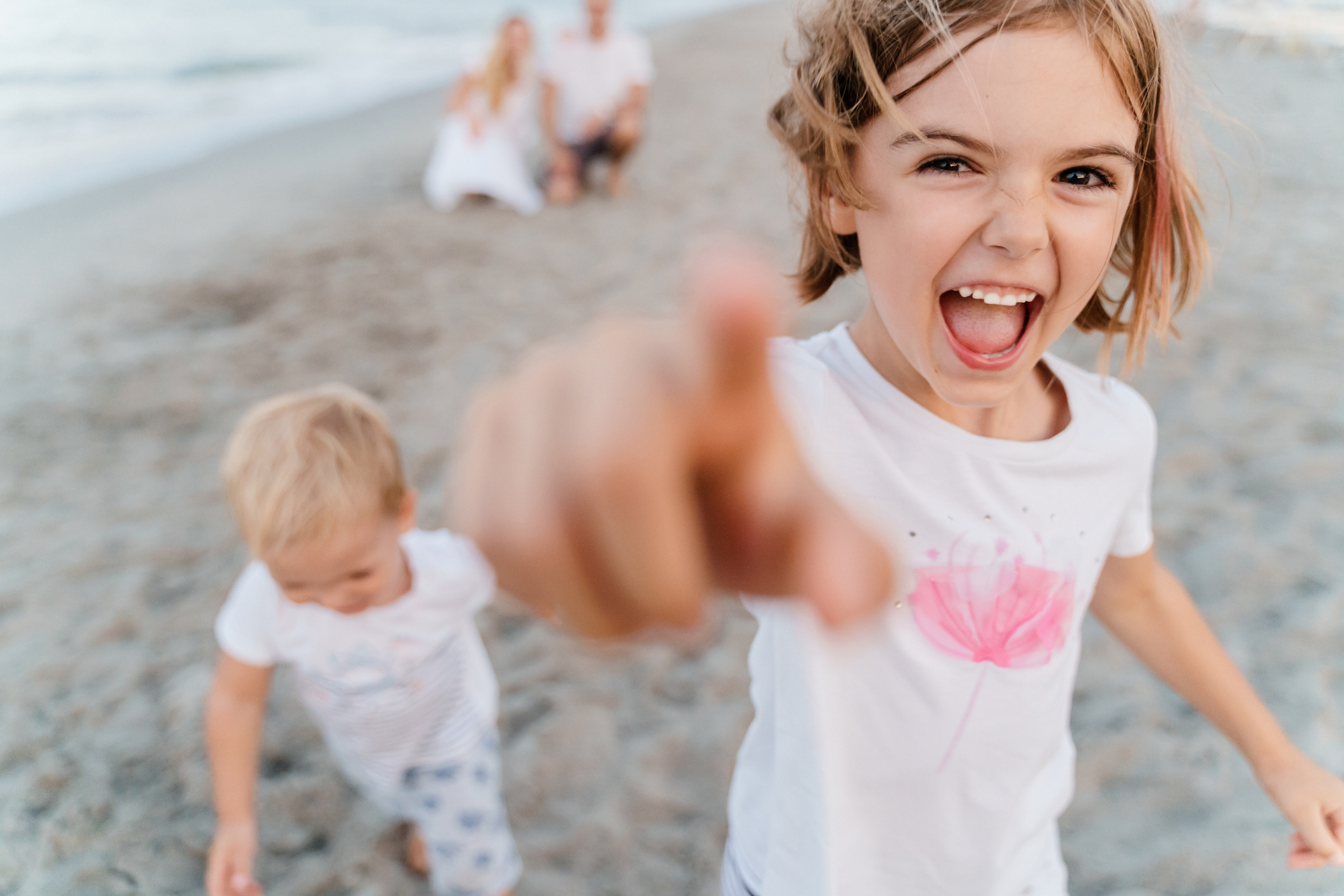 How long is the school summer holiday in the UK?
How long is the school summer holiday in the UK?Too long is not officially the right answer...
By Heidi Scrimgeour
-
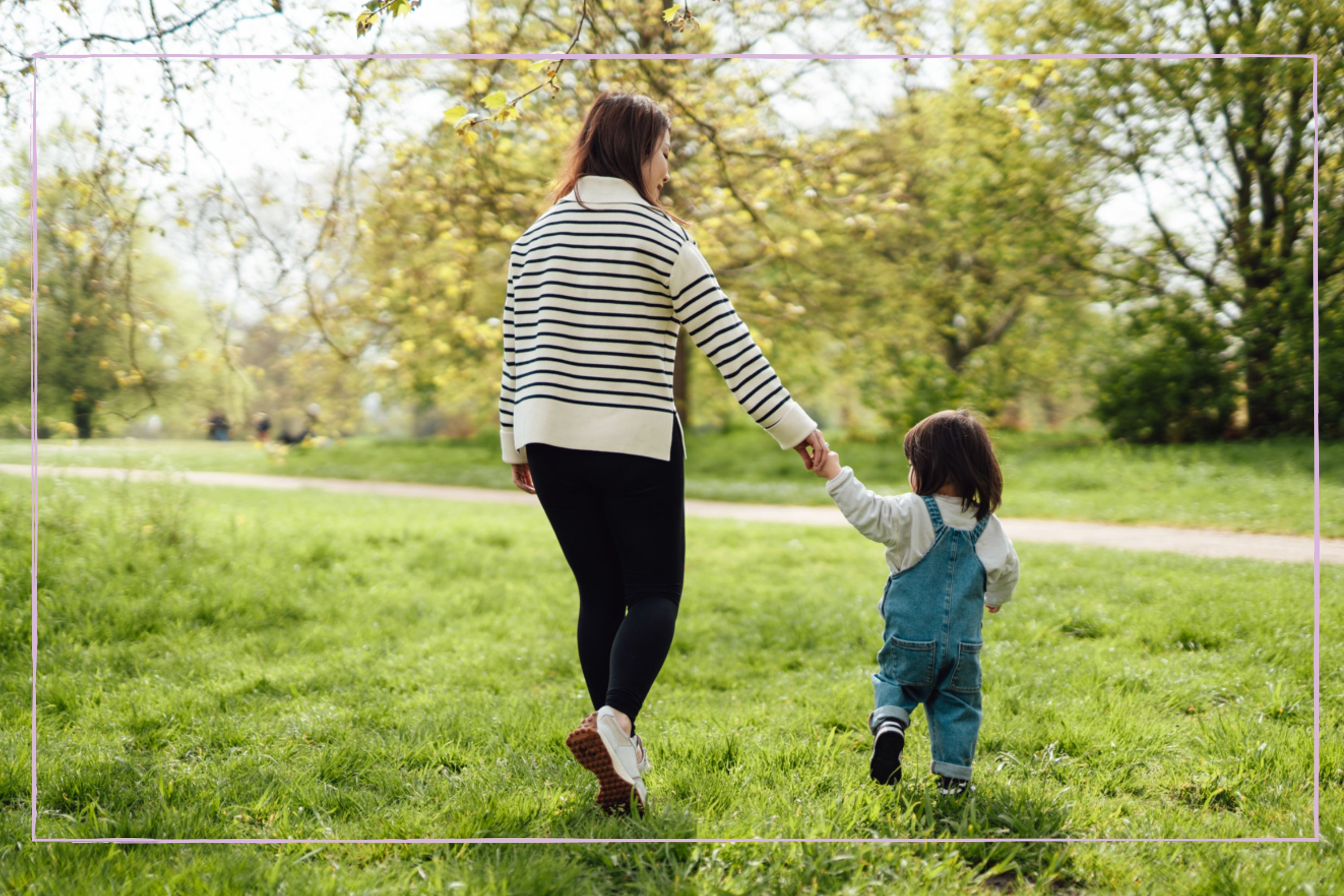 What is ‘sturdy parenting’? Child psychologist Dr Becky explains the benefits of this technique
What is ‘sturdy parenting’? Child psychologist Dr Becky explains the benefits of this techniqueIf you're at a loss when it comes to disciplining your kids, sturdy parenting might help - and it's approved by child psychologist Dr Becky.
By Ellie Hutchings
-
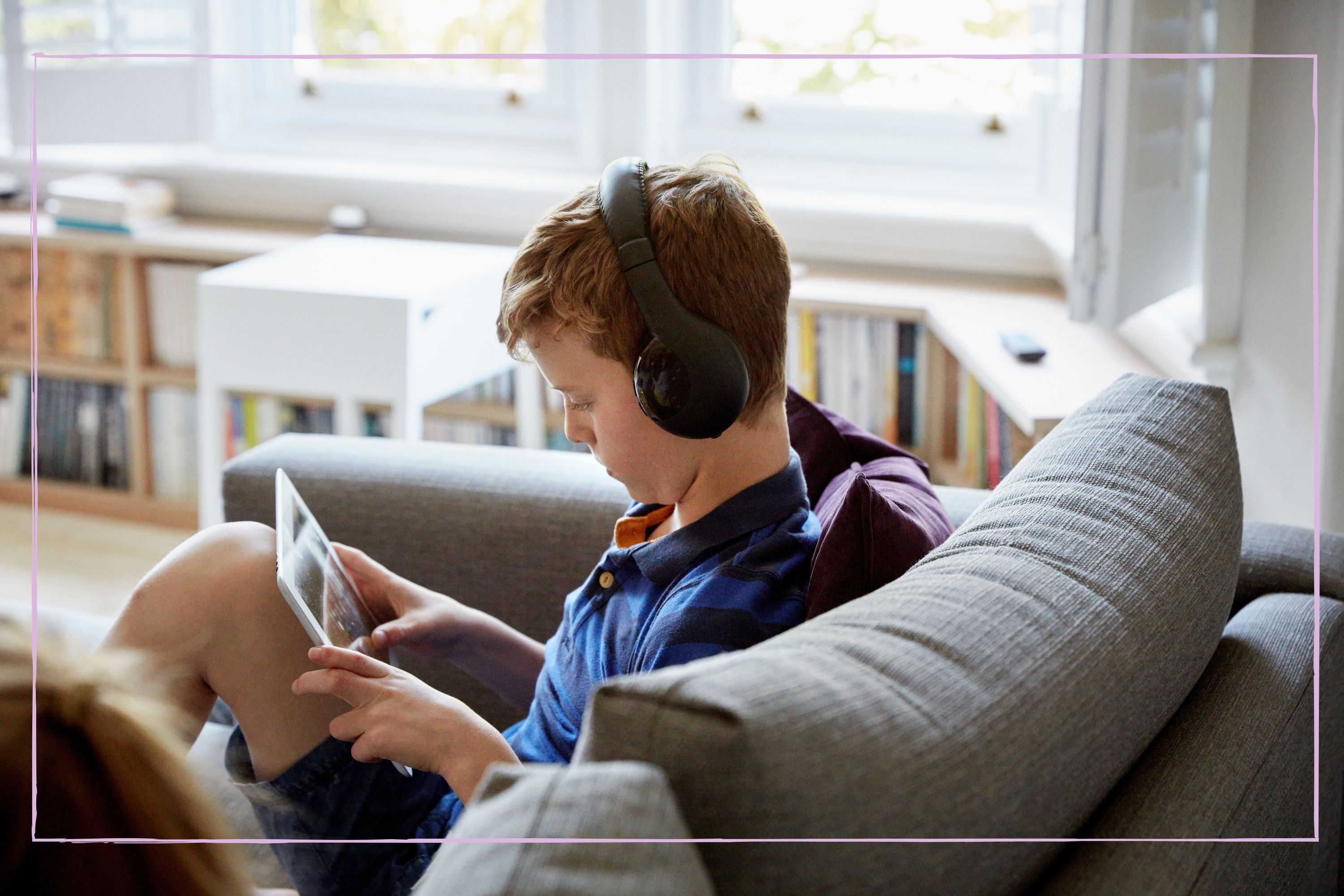 3 tips to set screen time boundaries from parenting experts Dr Becky Kennedy and Professor Emily Oster - and #1 is an important reminder
3 tips to set screen time boundaries from parenting experts Dr Becky Kennedy and Professor Emily Oster - and #1 is an important reminderStruggling to set screen time boundaries with your kids? Parenting experts Dr Becky Kennedy and Professor Emily Oster have shared three top tips.
By Ellie Hutchings
-
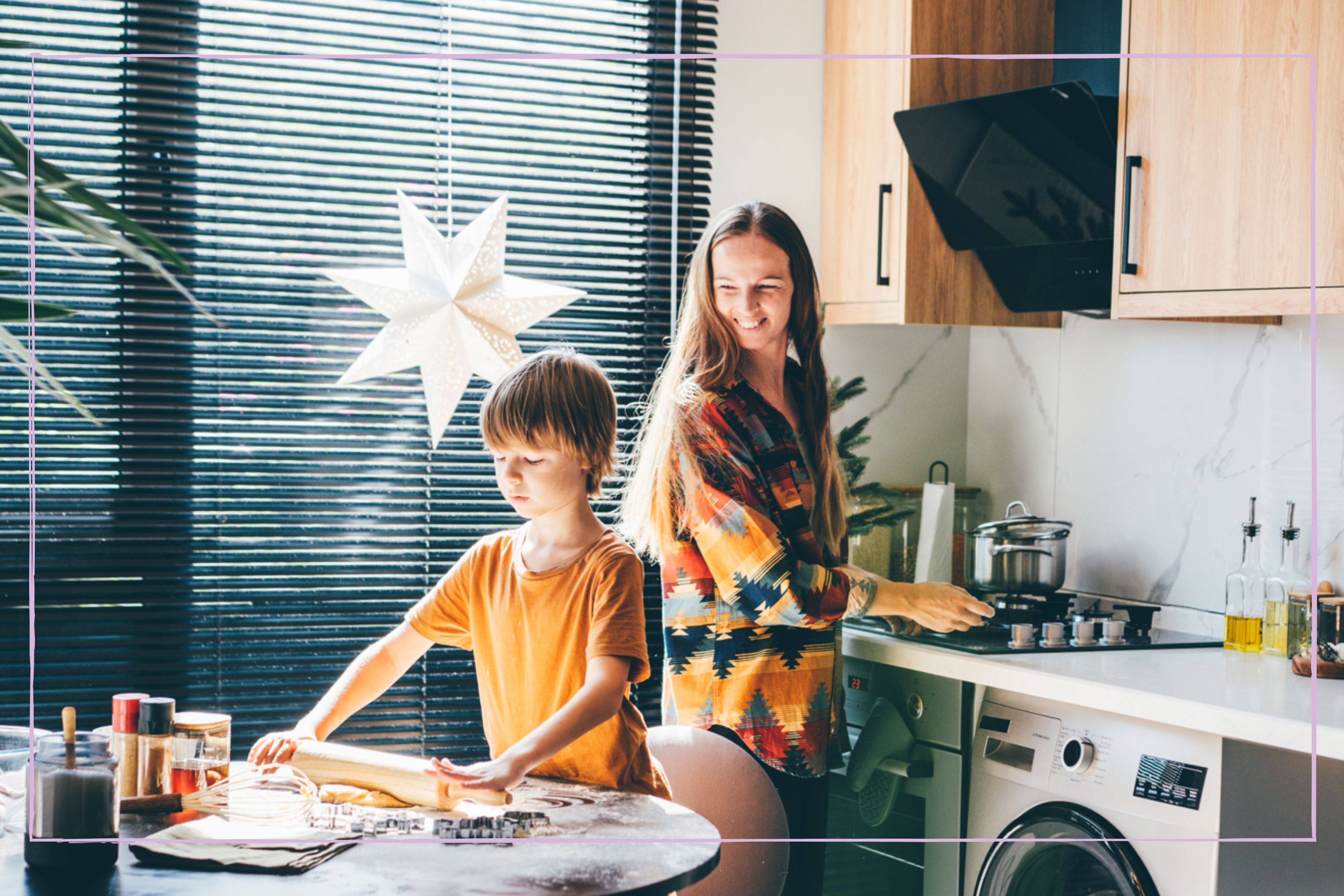 Could 'lazy parenting' be the next big thing? 2 psychologists share why it can be beneficial for development, but not everyone agrees
Could 'lazy parenting' be the next big thing? 2 psychologists share why it can be beneficial for development, but not everyone agrees'We need more lazy parents' and here's why, according to two child psychologists
By Ellie Hutchings
-
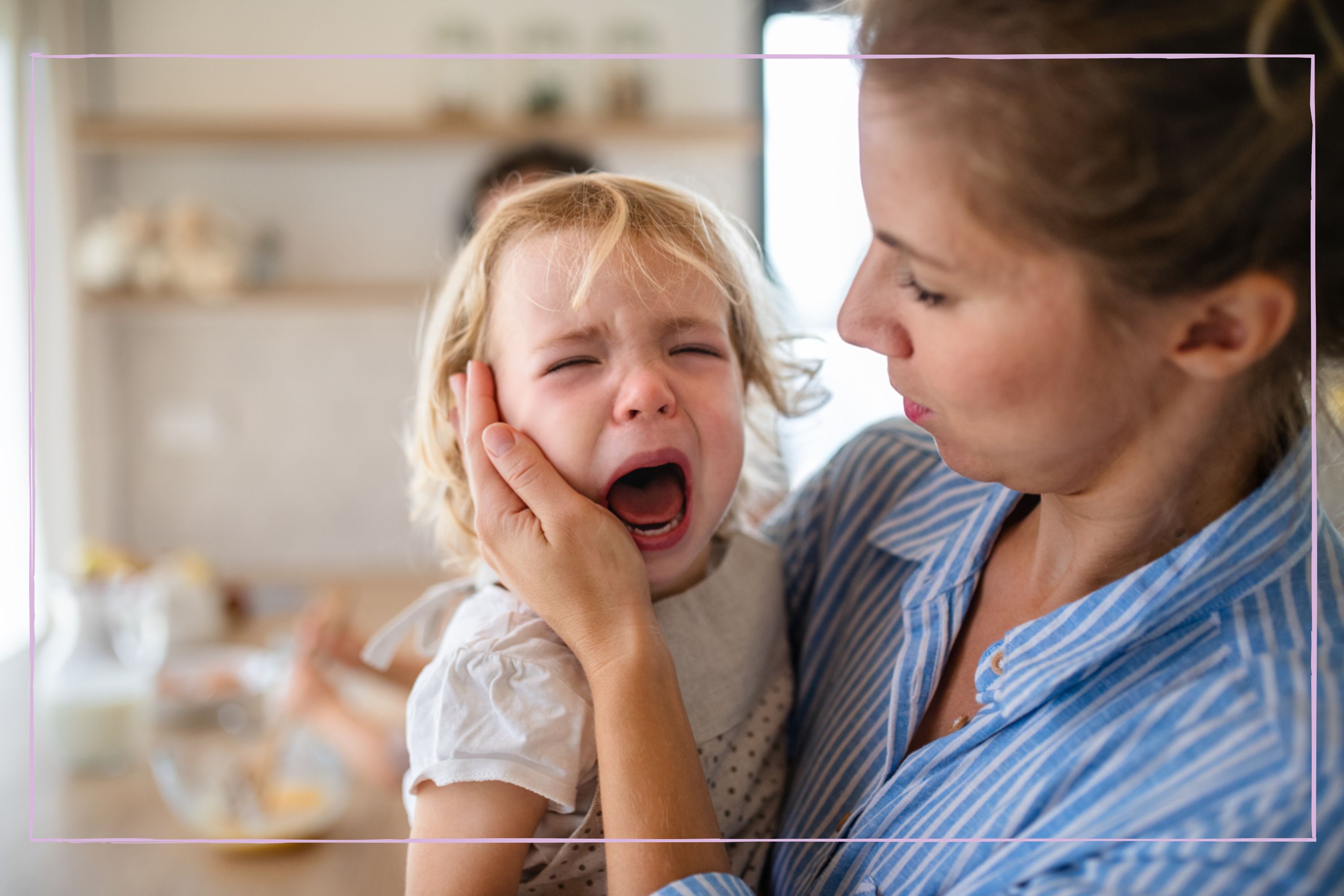 Parents, do you know what H.E.L.P. stands for? Psychologists swear by this acronym to navigate those tough parenting moments we all face
Parents, do you know what H.E.L.P. stands for? Psychologists swear by this acronym to navigate those tough parenting moments we all faceRemember: Halt, Empathy, Limits, Proximity...
By Ellie Hutchings
-
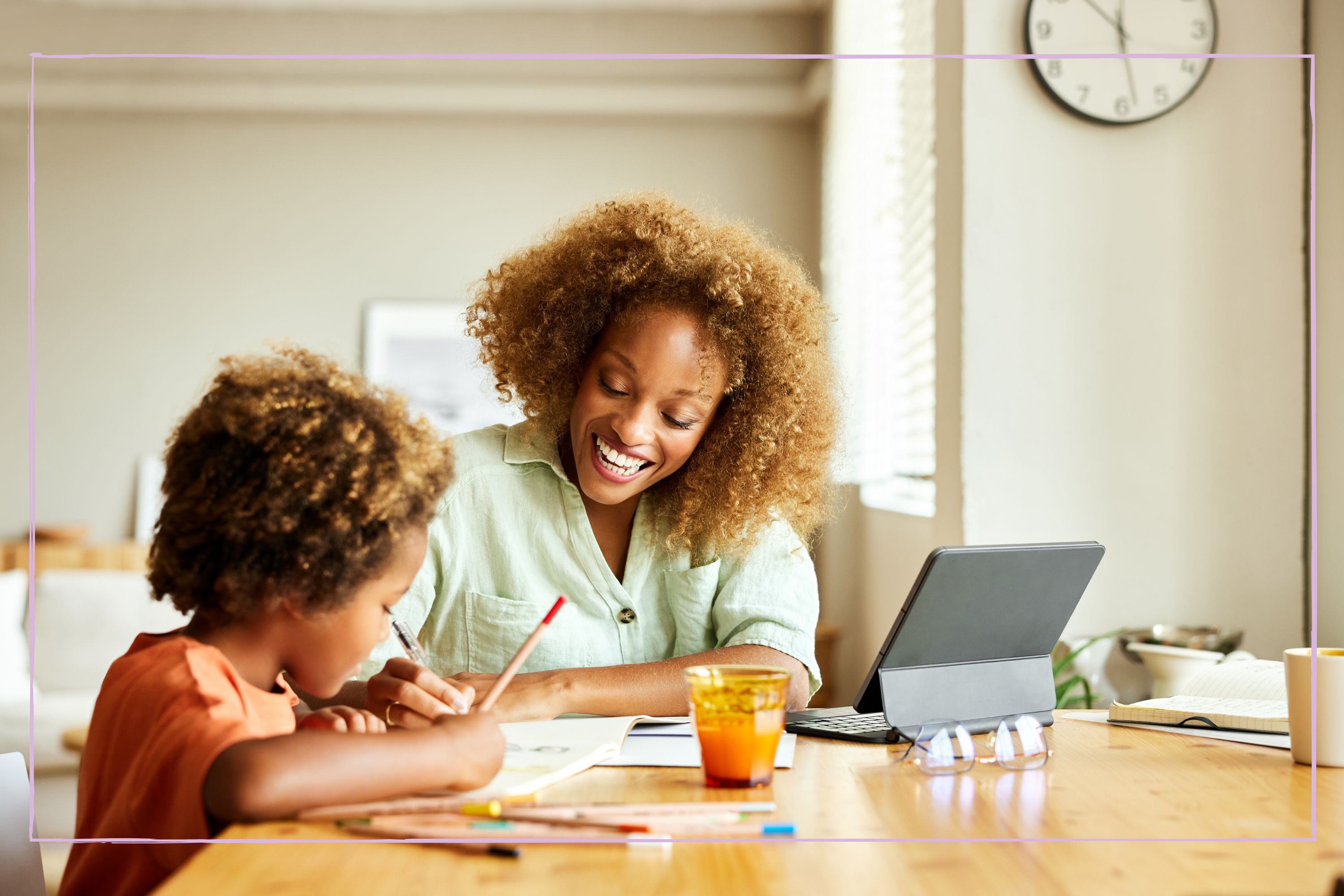 Sticker charts 'don't work in the long run' says psychotherapist - try these 8 tips to teach kids intrinsic motivation instead
Sticker charts 'don't work in the long run' says psychotherapist - try these 8 tips to teach kids intrinsic motivation insteadOne expert has explained eight things you can do as a parent to help your child develop intrinsic motivation - and it means abandoning the sticker chart.
By Ellie Hutchings
-
 Reflective parenting could help your teenager manage their big emotions, new research shows - here are 5 steps to try
Reflective parenting could help your teenager manage their big emotions, new research shows - here are 5 steps to tryThe teenage years are tough for everyone involved. But research has suggested that an approach known as 'reflective parenting' can be the key to reconnecting.
By Ellie Hutchings